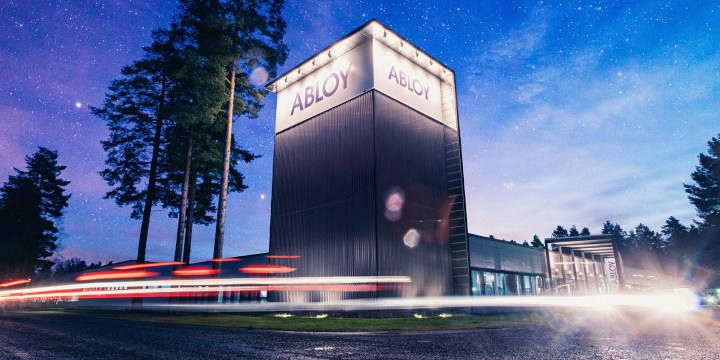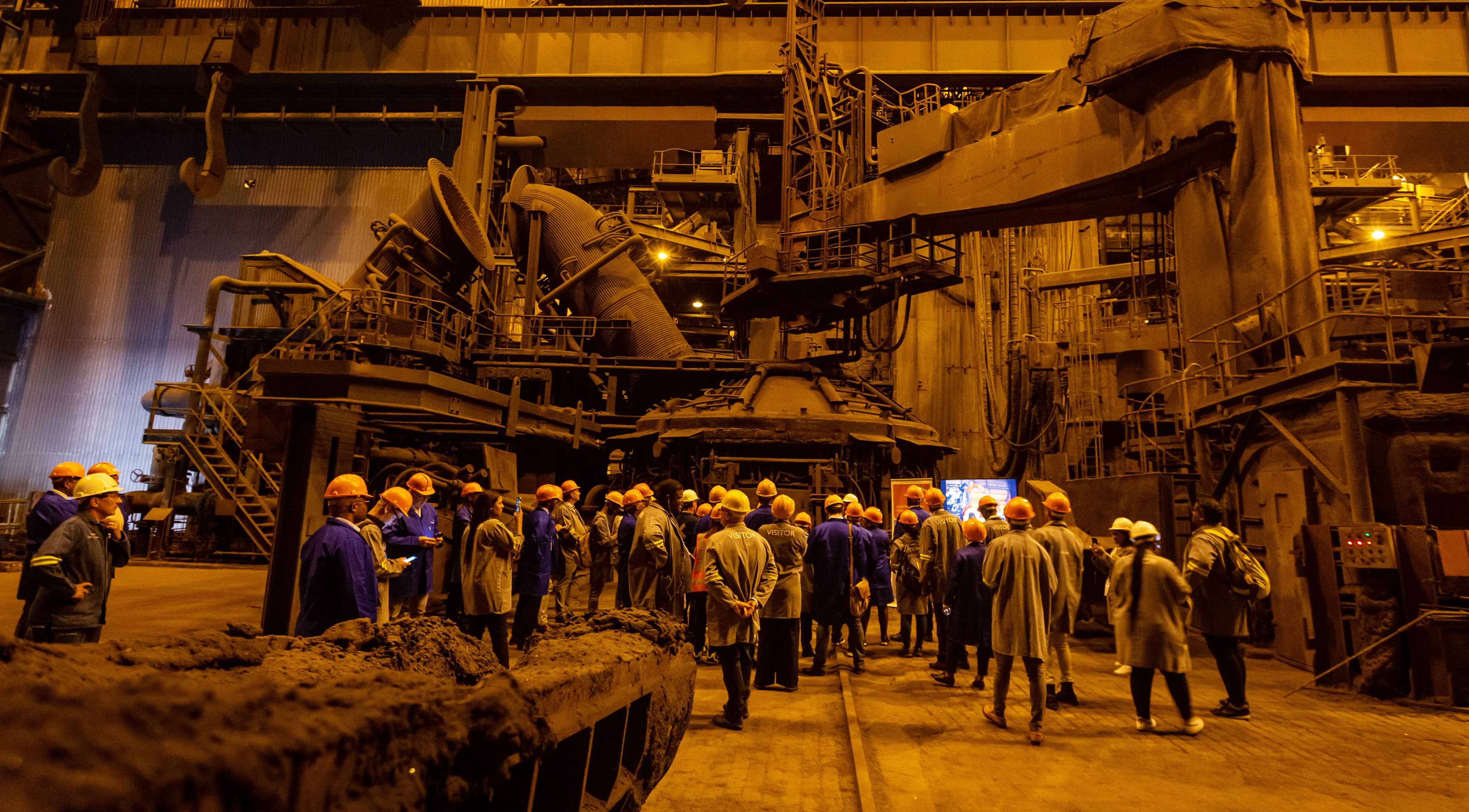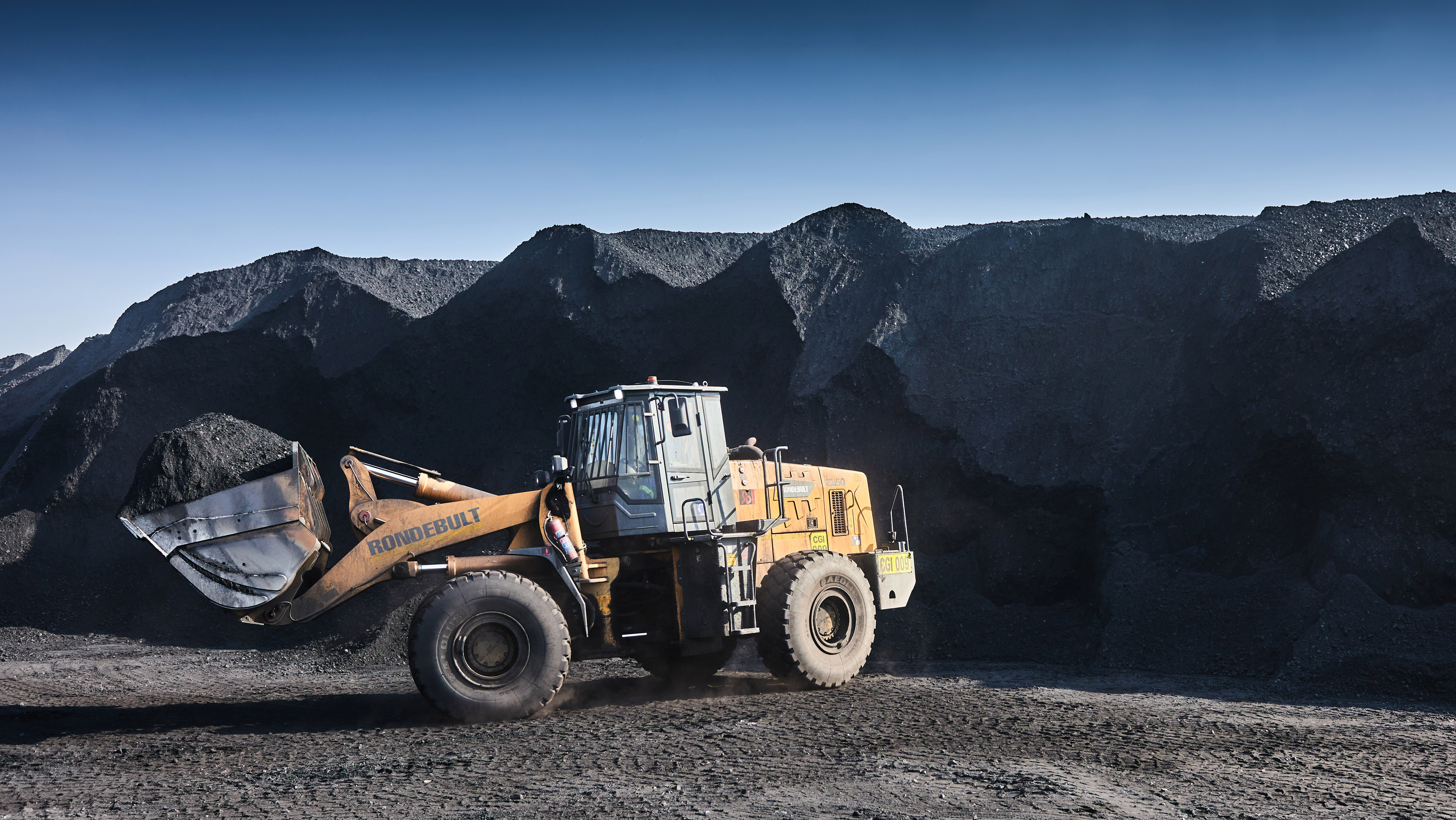DIGITAL NOMAD’S NOTEBOOK
It’s all about going green, recycling, carbon neutrality and social sustainability

Through the trees just outside Joensuu, northern Finland, a sign appears – ‘Carbon neutral by 2025’ – marking the factory and offices of Abloy. It’s where 800 people work, churning out 3.4 million products – mostly locks and related items – every year.
Issues surrounding sustainability take up a highly visible chunk of the Abloy website – from the physical location it first set up in 1968 without digging a landfill, to reaching carbon-neutral district heating and adding 604 solar panels for electricity.
Yes, the winter darkness – up to 18 hours without light – doesn’t do much for solar power, but the summer’s peak of almost 24 hours should make up for it. The point is, passing the factory, it’s not obvious this is the location of substantial production lines processing metal, plastics, chips and more.
And it’s that going green, going carbon-neutral, that’s part of daily life here.
It’s the recycling at every home and block of flats, with separate bins for food waste, plastic containers, paper, cardboard, glass, metal and more. The same waste separation system is also evident in public places.
It’s turning waste into clothing, as the labels make clear: “Recycled materials”, “sustainable garment”, and water-repellent jackets proclaiming “PFC free” – without the usual plastic-based waterproofing chemicals.
“Made with a special focus on ecological and social sustainability. More responsible activewear and sportswear that is better for people and the environment,” says a jacket label.

Visitors listen to a presentation during a media tour of the closed ArcelorMittal South Africa Saldanha Works steel plant in Yzervarkensrug, South Africa, on Monday, 28 November 2022. ArcelorMittal aspires to revive the mothballed steel plant with green hydrogen, part of a broader strategy by the company to use the developing technology. (Photo: Dwayne Senior / Bloomberg via Getty Images)
All this is easily dismissed as First World Problems as South Africa faces deepening inequality and poverty, children still drowning in shit in pit latrines despite the August 2018 presidential launch of the Sanitation Appropriate for Education pledge, and levels of joblessness that see seven out of 10 of people under the age of 35 without work.
But the point is, going green, carbon neutral and sustainable is increasingly how business is done for profits to be made.
SA wine farms supply products to Europe, sometimes for mixing and bottling abroad, to be packaged and marketed under labels not known in South Africa.
Earlier in March, Finnwatch released a report on dodgy practices on wine farms, ranging from horrid working conditions and low pay to miserable living conditions and poor hygiene, according to Helsingin Sanomat.
No boycott was called for. People should rather buy Fair Trade wines, recommended the Finnish civil society group monitoring global corporate practices. But Alko, the state-owned national – and only – liquor outlet in Finland said it had taken note and would verify that the South African wine operations were improving.
Cutting corners by, for example, briefing labourers what to say to inspectors, punishing those raising questions by cutting hours and box ticking compliance, as a further Helsingin Sanomat article reported, aren’t long-term solutions.
Sustainability
It’s picking up the bootstraps and doing it the right way. Paying minimum wages and providing a patched-up roof is not the end of it. It is about sustainability – for human dignity, society and the environment.

A wheel loader transports coal from a pile at the Mafube open-cast coal mine in Mpumalanga. South Africa relies on coal to generate more than 80% of its electricity. (Photo: Waldo Swiegers / Bloomberg via Getty Images)
From 1 October, the European Union is phasing in its carbon border tax initially on iron, steel, aluminium, fertilisers, hydrogen, cement and electricity production in a first step to hit carbon neutrality by 2050. And EU companies looking to shift production to less strict countries are penalised.
South Africa’s exports to the EU were valued at $26.9-billion in 2022, according to EU documentation. South Africa’s economic growth is scraping the bottom of the barrel at 0.1% to 0.9%, depending on whether it’s the International Monetary Fund or National Treasury that’s being cited.
The impact of the EU’s Carbon Border Adjustment Mechanism reaches beyond individual listed products. Because of the focus on electricity production, South Africa’s coal-based electricity would become a factor for this extra levy in products ranging from cars, metals and mining, to agricultural produce.
But South Africa’s coal lobby is loud and enmeshed in ideological posturing.
Much is made of the increased coal exports to Europe showing the Global North’s hypocrisy – telling the Global South to go renewable after having polluted during its own industrial development, while also now going back to coal amid the energy crunch triggered by the Russian war in Ukraine.
Yet COP27 at Sharm el-Sheikh in Egypt agreed to a special dedicated fund for developing countries going green, and other funding mechanisms, after a concerted push by the Global South. It should be all eyes on the so-called transition committee to work out funding arrangements – it must have its first meeting by the end of March.
Meanwhile, South Africa must still finalise what, if anything, to do with the $8.5-billion pledged at COP26 in Glasgow, Scotland, for the Just Energy Transition, to ensure workers and vulnerable communities are not negatively affected when coal power stations shut.
South Africa has for many years punched above its weight in geopolitics. It’s no longer the case for many reasons, including its verbal bunkum to dress up its support for Russia as non-aligned despite its invasion of a sovereign state.
Carbon neutrality in the next few years is a reality – as is showing socioecological sustainability, and human rights care, in production and manufacturing processes.
A major mind shift is needed now. DM



















Excellent article! Insightful and to the point.